A kitchen rug is a type of floor covering that is used in the kitchen. Kitchen rugs can be utilized in front of different areas, such as sinks, stoves, and food preparation areas.
The materials of kitchen rugs
Several materials can be used to make kitchen rugs, including cotton, wool, jute, synthetic fibers, and vinyl. Cotton kitchen rugs are popular for their softness, affordability, and ease of maintenance. They are lightweight, absorbent, and can be machine-washed. Additionally, wool kitchen rugs are often woven kitchen rugs. They are resistant to stains and dirt. They provide insulation, keeping the kitchen floor warm during colder months. Moreover, Jute kitchen rugs are made from natural plant fibers, offering an eco-friendly option. They are moisture-resistant and provide a textured surface. However, they are not as stain-resistant as synthetic or wool rugs. Lastly, synthetic kitchen rugs are commonly made from nylon, polyester, and polypropylene. They have characteristics such as waterproofing, oil resistance, and slip resistance. As a result, they are easy to clean.
The types of kitchen rugs
According to different designs, kitchen rugs can be divided into long kitchen rugs, round kitchen rugs, oval kitchen rugs, and square kitchen rugs. Among them, long kitchen rugs are also known as runner rugs. They are ideal for placing in narrow spaces, such as in front of a countertop.
In terms of various functions, there are washable kitchen rugs and anti-fatigue kitchen rugs. Washable kitchen rugs are specifically designed for easy cleaning and maintenance. They are often made from materials like cotton or synthetic fibers that can be machine-washed. In addition, anti-fatigue mats can support users who spend long hours standing in the kitchen. They are made with cushioned materials, such as memory foam or gel, which help to alleviate pressure on the feet, legs, and back.
The advantages of kitchen rugs
Kitchen rugs can protect the flooring beneath. Kitchen floors are prone to spills, stains, and scratches. They act as barriers, preventing direct contact between the floor and food, thus minimizing the risk of damage. Kitchen rugs also help to absorb accidental spills, making them easier to clean up and preventing the liquid from seeping into the floor. What's more, kitchen rugs contribute to the overall safety of the kitchen. When the kitchen floor is wet, it can become slippery. Kitchen rugs provide traction and stability, reducing the chances of slipping and ensuring a safer working environment. Also, kitchen rugs can help to cushion falls, providing a softer landing surface in case of accidents. Last but not least, kitchen rugs can enhance the overall look of the kitchen. They allow users to express personal styles. And they can create a visual boundary, delineating the specific zones and adding structure to the space.



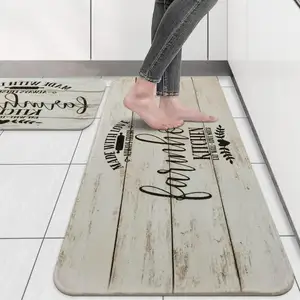




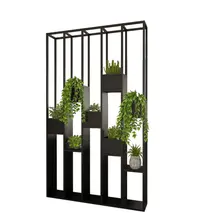




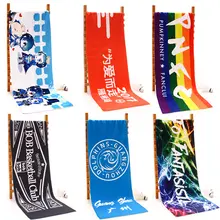

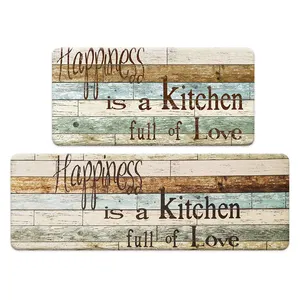
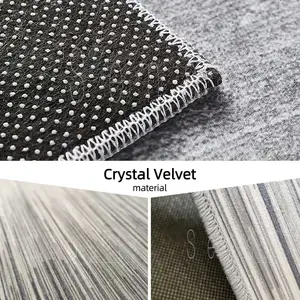








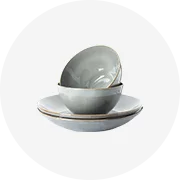













 浙公网安备 33010002000092号
浙公网安备 33010002000092号 浙B2-20120091-4
浙B2-20120091-4